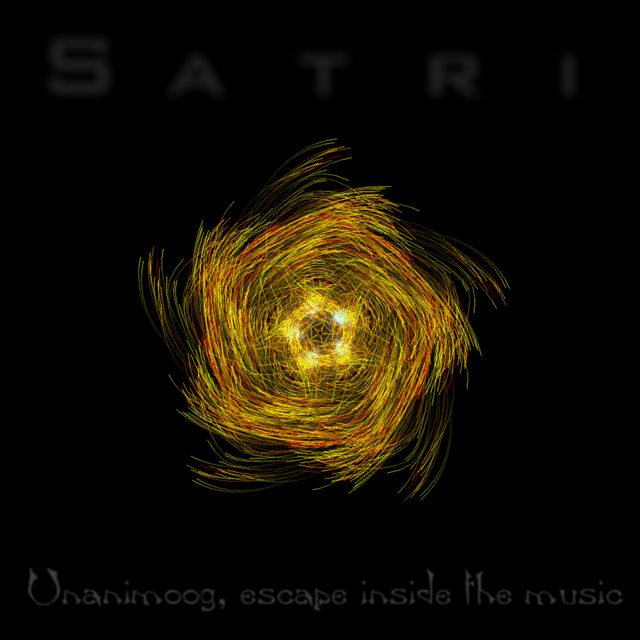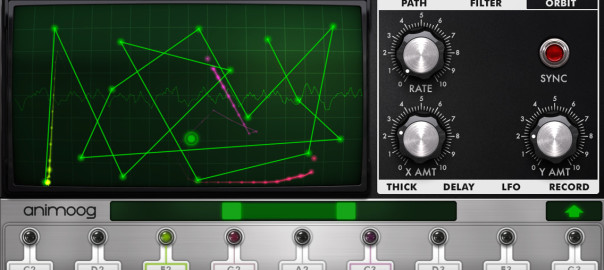Some recent Animoog news of interest
‘Unanimoog’ Featured by Moog
I am delighted that Moog Music featured my Animoog solos album on their front page and dedicated a page on their site to the album. As far as I’m aware, it’s the first time Moog put such a spotlight on Animoog creations.

Thank you Moog! :-) — Satri
If you haven’t got the ‘Unanimoog, escape inside the music’ album of Animoog solos yet, get it now, it’s free.
Animoog Players Map Improvements
We recently announced the ‘Animoog Players Map’ experiment. It’s nice to see that a few fellow Animoog players already added themselves to the map. The improvements done since initial launch:
- There are now several screenshots in the instructions to make it easier for everybody to add themselves to the map
- There’s are now symbols and colors on the map markers
Want to see the improved instructions and maybe add yourself to it? Here it is!
Animoog version 2.2.4 is coming
With Moog’s renewed focus on Animoog development, they selected a few beta testers to help improve the app we love. I’m one of those lucky Animoog beta testers. And the excellent news is that version 2.2.4 has been submitted to the App Store and should be available to all any day now. Moog developer Geert Bevin publicly shared on Facebook the following list of changes and fixes:
- Stable support for iOS 8
- Stable support for 64-bit devices
- Revised timbres panel with categories (touch-hold timbre in category for preview)
- Fixes for timbres showing up with domain name prefixes
- Audiobus input slot compatibility fixes
- Virtual Animoog MIDI ports are now always available even if no port is explicitly selected
- Improved IAA instrument compatibility (IAA transport panel will be done for a future release)
- Use with any buffer size from 128 to 4096 (256 being the intended size for all supported devices)
- Fixes for restore purchase functionality
- Improved in-app store layout and interaction
- iTunes File Sharing access to timbres, presets and projects
- Removed import/export preset from setup panel since iTunes File Sharing should cover all needs
- Added timbre category list under ‘random preset’ to enable/disable categories to randomize timbres from
- 4-track recorder fixes for loading clips, pasting clips and AudioPaste
- 4-track project fixes for save/load/delete/share
- 4-track now remains unlocked when not connected to network
- Pitch bend range is now always saved with presets and correctly loads from presets when this option is active
- Pitch and mod strips now light up with incoming MIDI
- Hold button now more clearly show when it’s active
- Manual MIDI CC input now ensures only numbers can be entered
- Keyboard scale selection now doesn’t misbehave after selecting the whole tone scale
- Preset panel is laid out more consistently
- Resuming after interruptions from Siri now reactivates audio
- Proper handling of large amounts of MIDI expression data, coming from alternative controllers
- Updated built-in manual
While you now know in advance most of the wonderful surprises the next Animoog version will bring, expect me to post a new entry when it will actually become available for download.
Still reading?
Next major step for Animoog.org is to provide an updated Expansion packs table, which I hope to complete before mid-June. Afterwards, I have a little surprise for Animoog players, but since I’ll be away from computers most of the Summer, I expect to launch this new Animoog.org component during Fall 2015. Cheers — Alex / Satri




